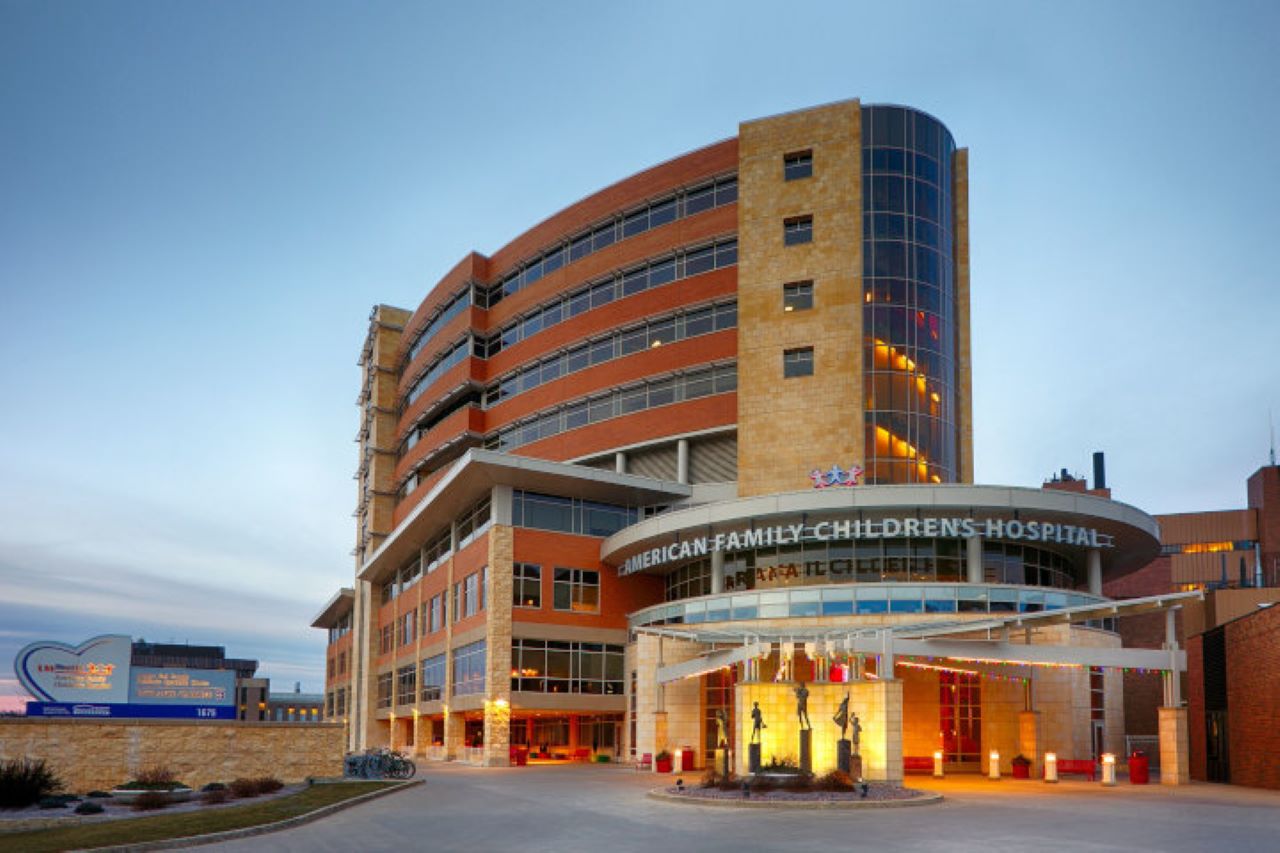
The University of Wisconsin School of Medicine and Public Health in the US has initiated a first-in-human clinical trial for children with relapsed or refractory neuroblastoma using a type of molecular targeted radiotherapy, 131I-MIBG.
The trial is being carried out at American Family Children’s Hospital (AFCH).

Discover B2B Marketing That Performs
Combine business intelligence and editorial excellence to reach engaged professionals across 36 leading media platforms.
Neuroblastoma is a common type of solid tumour in children and those who are classified as high-risk have less than a 50% survival rate.
For years, 131I-MIBG is used to treat children with relapsed neuroblastoma.
It is not curative and researchers plan to enhance the durability of responses achieved with this agent in the trial.
Initially started in England, the trial is evaluating the combination of targeted radiation therapy with immunotherapy for the treatment of relapsed or refractory neuroblastoma in children.

US Tariffs are shifting - will you react or anticipate?
Don’t let policy changes catch you off guard. Stay proactive with real-time data and expert analysis.
By GlobalDataAccording to pre-clinical study in mice, a combination of radiation therapy and immunotherapy was curative, while the use of either treatment was not.
In this trial, 131I-MIBG will be combined with an antibody that recognises neuroblastoma and focuses on the patients’ immune system on cancer.
In addition, a third drug, nivolumab, will be given to prevent the tumour from shielding itself against the immunologic attack.
This would lead to getting a greater number of cancer cells killed by the immune system thereby improving the potential benefit of the treatment.
American Family Children’s Hospital paediatrics professor and trials co-principal investigator Kenneth DeSantes said: “We are delighted to get this clinical trial, which is a great example of ‘bench to bedside’ research, up and running at AFCH.
“We hope this treatment will offer new hope to children with relapsed neuroblastoma, who currently face a dismal prognosis.”
The UW Pediatric Hematology, Oncology and Bone Marrow Transplant programme is working with three other centres in Europe on the trial.





